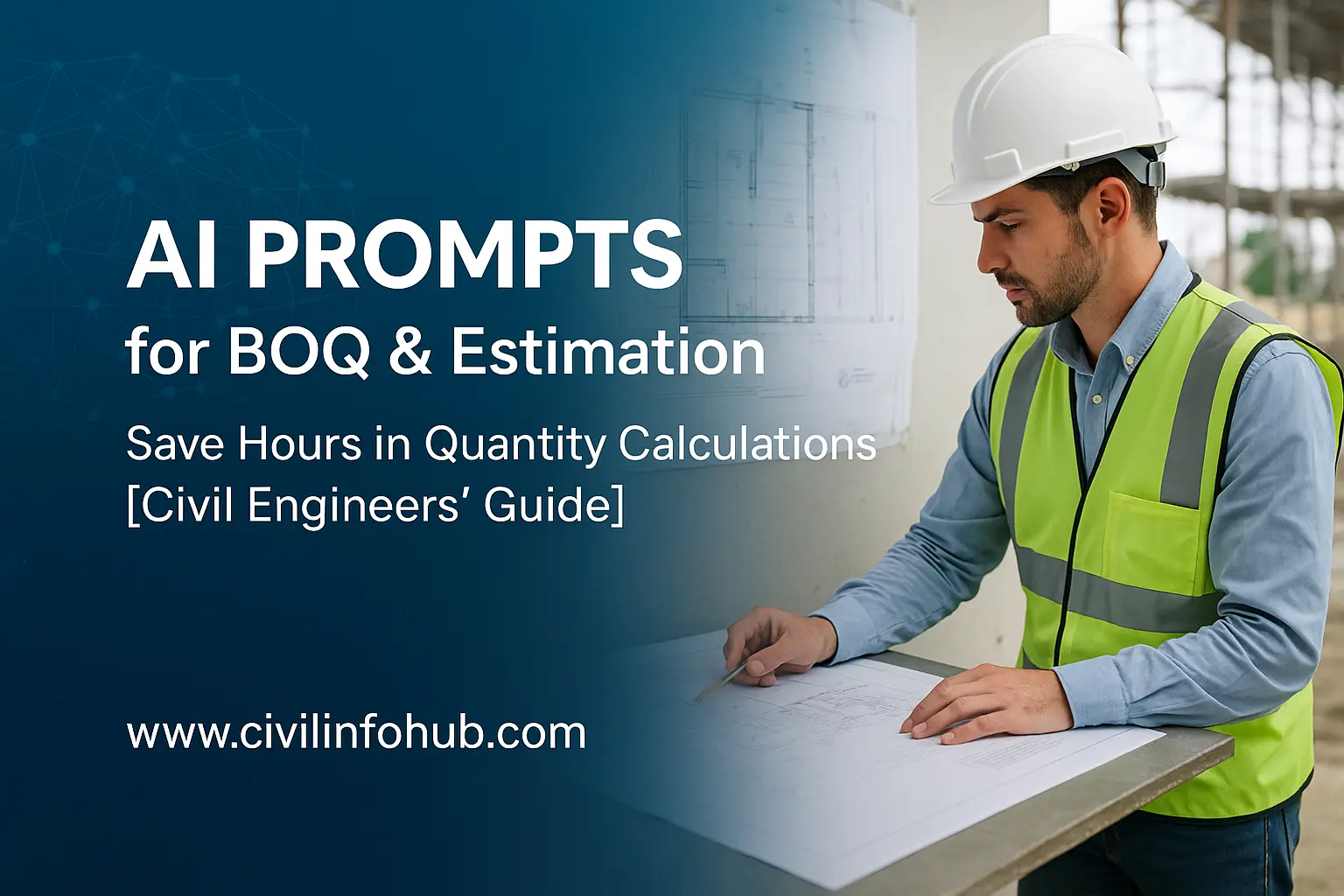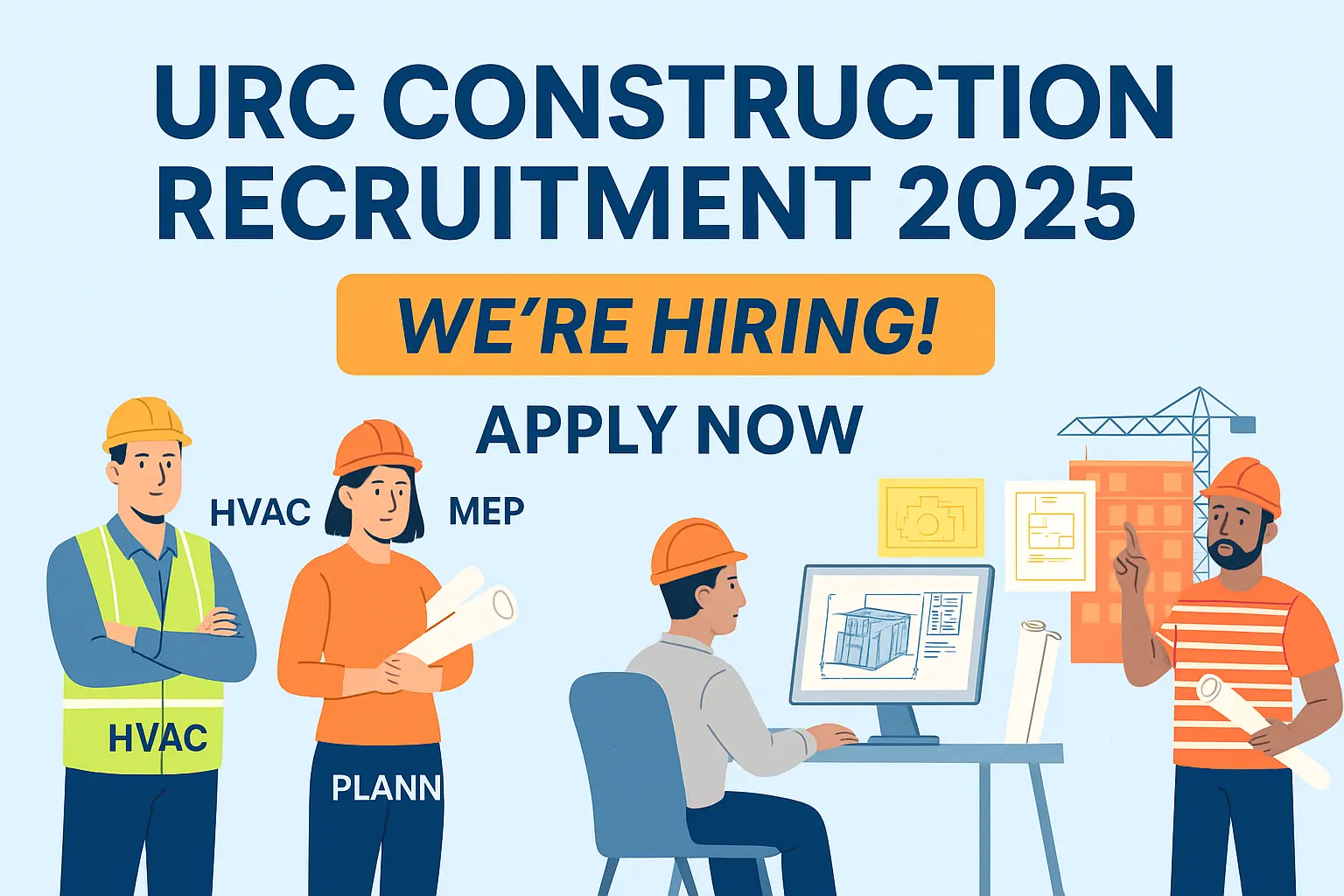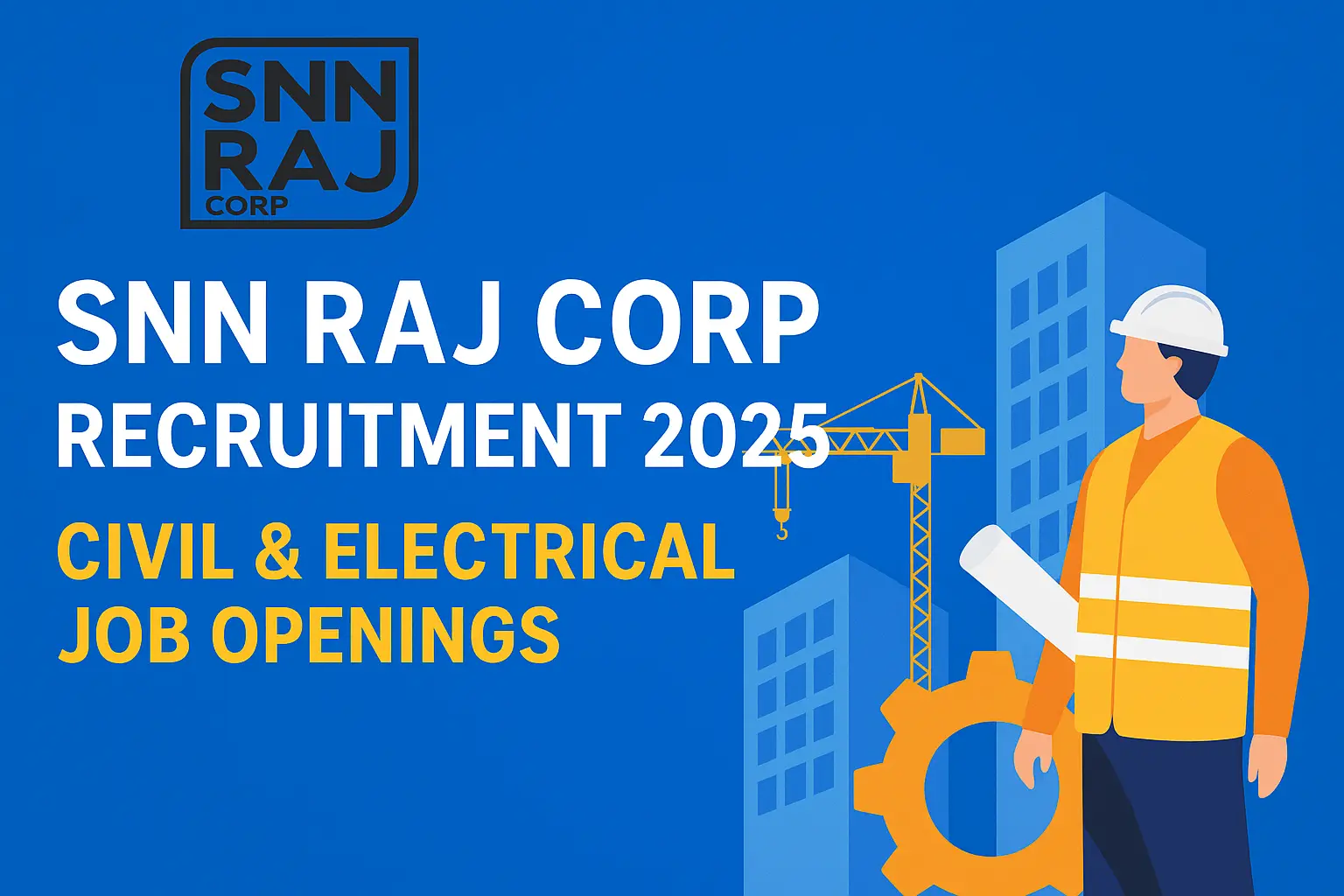Construction management is a vital facet in making sure that building projects are completed successfully: from the home to big-scale commercial complexes. In other words, construction managers handle every step of a construction project from inception until completion including planning, budgeting, and finishing touches. In this blog post, I will take a closer look at what a construction manager has to do, what skills they need, and why construction management is important for the successful outcome of a project.
What is a Construction Manager?
A construction manager is an individual who provides the construction project planning, coordination, and execution. Their main goal is to make sure that projects are done on time, within the budget, and using the proper quality standards. In charge of the starting up until the finishing process of a construction project, construction managers at the same time manage resources, schedules, and contractors. They are the central point of contact between clients, contractors, subcontractors, and other stakeholders on the project.
Key Responsibilities of a Construction Manager
1. Project planning and scheduling is one of the most critical responsibilities of the construction manager, and that is planning and scheduling construction projects. First, before construction starts, the construction manager works with the client as well as with the architects and engineers to define the work which is required and establish the time frames involved and a detailed schedule of works. This schedule tells us when specific phases of the project, such as excavation, foundation work, framing and finishing, should be completed. Its up to the manager to make sure that the project is on track and on time.
2. Construction projects are normally marked with very huge financial investments and so the construction manager is needed to manage project cost. As a manager, you need to peg the costs of materials, labor, equipment, and much more. They also have to keep an eye on spending throughout the project to make sure that these costs remain within the project budget. In such cases, the construction manager has to deal with these unexpected cost overruns or delays, and facilitate ways to make the project financially viable.
3. Construction project management A construction project manager is responsible for managing a project or construction project that requires resources. It involves acquiring material, equipment and labor. The manager needs to guarantee availability of required resources at an appropriate time without delay and with maximal productivity possible. The sub contractors responsible to complete the project according to the requirements of the project are advertised and the construction manager is responsible to see that they perform their tasks accordingly.
4. Quality Control Responsible for another, a construction manager is also responsible for ensuring quality. It is the manager’s job to make sure everybody on the construction team does what he or she is supposed to; according to applicable building codes, safety standards and project specifications. It’s about regular site inspections; reviewing contractor work; and seeing to it that materials used are to the required standards. In addition to meeting the above two concepts, construction managers must also identify and resolve all problems or defects as early as possible to prevent delays or additional cost.
5. Health and Safety Oversight Construction sites are inherently risky, and safety is in the forefront for construction managers. It’s their responsibility that all safety regulations are followed and that the construction site is safe for employees. Here people check potential hazards, give safety training, make sure they use protective equipment and run safety audits. On top, they also need to make sure that staff are following the proper protocols when operating heavy machinery and in high risk environments.
6. Communication and Coordination Construction managers should be excellent communicators, since they are agents, linking the interests of different parties including clients, contractors, subcontractors, suppliers, local authorities. Their responsibility is to make sure that everyone knows what’s happening with the project, and also what schedule and budget changes we have. They will help to prevent misinterpretation, fixing issues, and help you run the project smoothly.
7. Local and state and federal regulations govern construction projects. A construction manager s/he has to see to it that the project does not violate any of the relevant laws including building codes, zoning laws, and so on. In this case, location can require obtaining the required permits and approvals from local authorities before construction can even start. Construction managers also make sure that the work of contractors and subcontractors is being done as per law which includes labour law and working condition regulations.
8. Risk Management Every construction project involves some degree of inherent risk – unknown delays, safety hazards or cost overruns. It is the role of the construction manager to identify possibilities of risk and find methods to avoid them. Thus, this involves risk assessment, setting up contingency plans and watching the project very closely to address issues as they arise. Good construction project management means they will have taken steps to prepare and counter risk to minimize delays and extra costs.
9. The construction manager performs the task of overseeing final inspections to guarantee the completing construction work holds all the specifications and regulations. They also validate whether all is well done according to plan, and if they are not, defects or the problems were corrected. The project finishes once the final inspections can pass and the manager starts the handover process to the client. In this case you need to make sure that you inform the client about all necessary documentation such as warranties, maintenance instruction and inspection certificates.
Skill Required For Construction Manager
Construction managers must have a large set of skills in order to be effective. These skills include:
1. Leadership and Team Management Construction managers who have to lead and inspire a team of workers, subcontractors and other professionals. They have to have good decision making skills and adapt to stressful situations. Project doesn’t run as expected so effective leadership is very important to keep the curiosity of the project and that all of the team members are on a good position.
2. Most construction projects have to solve problems as unexpected challenges such as delays, budget overruns, and change in design. For a good construction manager, he or she must be able to think critically and come up with quicker solutions to any problems. It is a big job, and you need to be able to do it with strong analytical skills and under pressure.
3. In addition to being skilled in the various activities and tasks, construction managers cannot operate projects without the skills of project management such as scheduling, budgeting and resource allocation. Detail oriented, they are also going to need to be able to run simultaneously different parts of a project. Construction managers who have experience with project management software and tools know they can keep organized and keep the project on track.
4. Communication Skills Primary to any construction project is communication both throughout various phases as well as between different parties. The construction manager is required to communicate with many stakeholders, such as clients, contractors, suppliers and regulatory authorities. And thus, you need strong verbal and written communication skills, but also listening and handling concerns.
5. Technical Knowledge Construction knowledge – managers must know how construction processes work, materials involved should be well known, and what techniques are used for construction. With the job, they also have to be well familiar with the local building codes, safety standards and environmental regulations. Construction managers utilize technical knowledge to inform decisions that the project will be of a certain quality and safety.
Why is the Role of a Construction Manager Important?
Construction projects cannot fail without construction managers. All parties on a project rely on them, they are the bridge between all parties and they make sure the project is done on time, within budget, and to specifications. Left unmanaged, construction projects can endure expensive delays, safety difficulties, and low-quality work. By working with a skilled construction manager, the project runs the risk of being delayed, doesn’t follow the most efficient processes, and isn’t going to do what the client wants.
Additionally, there is a growing need for customized skills of construction managers as construction projects become more complex. Construction managers are a critical component in the delivery of successful and sustainable projects from large commercial buildings to residential development.
Conclusion
A construction manager has a multifaceted and critical role in the construction project’s completion. The duties of a construction manager is from planning and scheduling to budgeting, resource management, and ensuring safety standards. Their leadership, problem-solving skills, and technical expertise assist in completing projects on time, within budget, and to the highest quality standards, with their leadership, problem-solving, and technical expertise. One of the most important skills for construction manager careers is experience in the field which must be developed.
Read More: What is the Role of a Construction Manager? Key Responsibilities Explained
FAQs The Role of a Construction Manager: Key Responsibilities & Skills
1. How do I become a construction manager?
You need a bachelor’s in construction management, architecture, civil engineering or a related field to become a construction manager. Moreover, construction managers also receive certifications from eligible professional organizations, such as Project Management Professional (PMP) or Associate Constructor (AC), to make their credentials and opportunities more impressive. Internships or even work as site supervisor is also beneficial experience in the construction industry.
2. What kind of skills do you need to be a construction manager?
A construction manager requires many skills: leadership, project management, problem solving, communication, time management and financial acumen. Further, one should have technical knowledge of construction processes including safety regulations for such. Emotional control is important for managing complex projects well and strong organizational skills are essential.
3. What salary does a construction manager make?
Construction manager salary is generally based on location, level of experience and the size of the projects they manage. The average construction manager’s salary in the U.S. is between $70,000 and $120,000 annually, or more in large population centers or in areas with high concentration of specialty work. In India, salary can vary anywhere between ₹4 lakh to ₹ 15 lakh on a yearly basis based on experience and expertise.
4. What is the difference between a project manager and a construction manager?
Between the two roles, the two main responsibilities are overseeing construction projects, however a construction manager is specifically involved in the construction process itself including managing workers, contractors and resources on-site. However, in a project manager will not only oversee the construction (contract), but also design, procurement, as well as, post construction activities. Terms are sometimes used interchangeably, but the construction manager is more hands on on the job site.
5. What problems do construction managers encounter?
Construction managers deal with many problems including managing tight budgets, completing work on tight time lines, working with conditions which do not go to plan (such as weather or supply problems) and ensuring a safe work place on the job site whilst managing a number of contractors and subcontractors. They also need to find and solve a lot of potential problems by keeping track with management construction projects along with communicating effectively with their clients and stakeholders.











Great Information